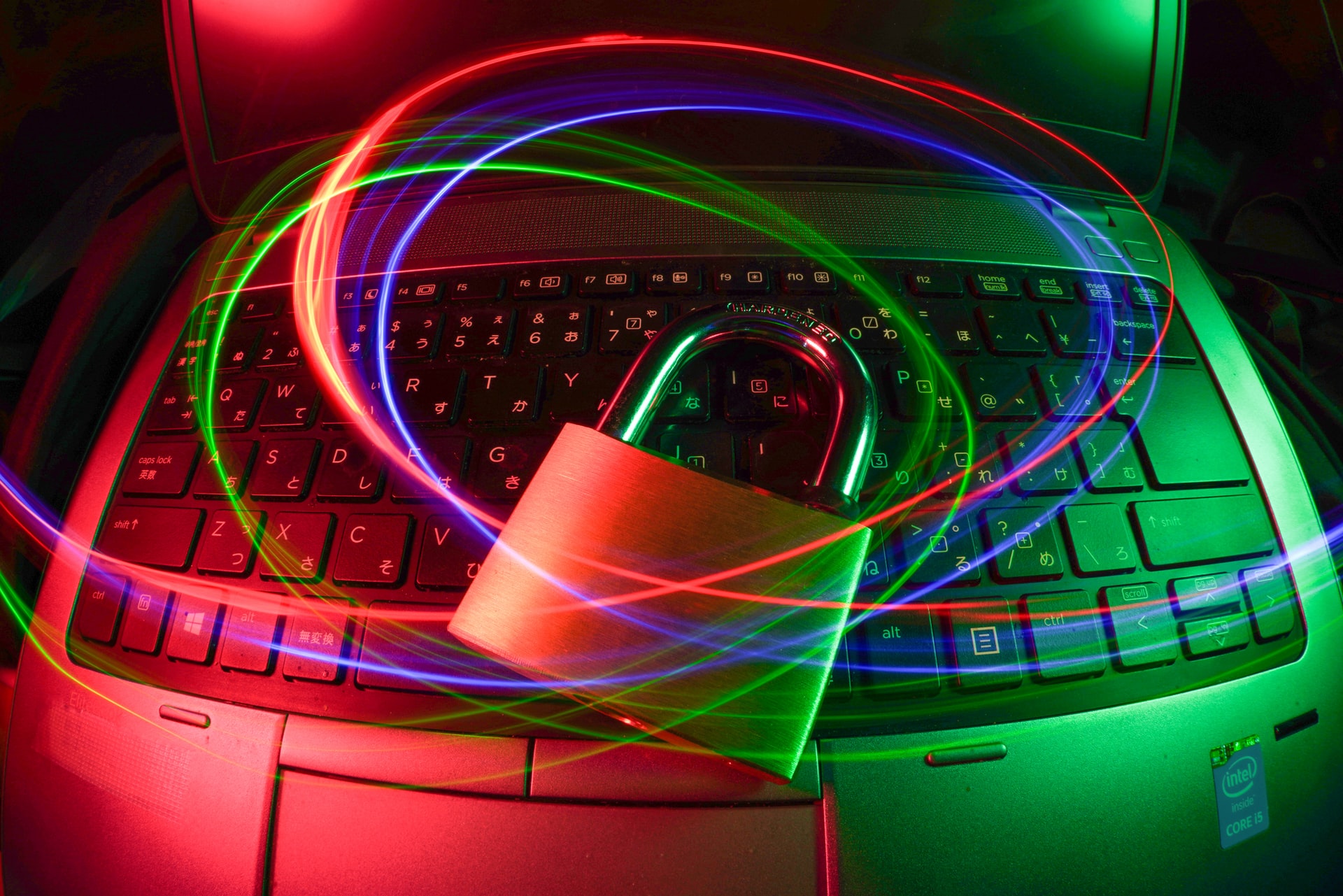An organisation must be a step ahead of criminals and security risks. This is because security/data breaches have the potential to cause irreparable damage to a company’s image and operations. Every other day, there’s news about a data breach.
According to the Identity Theft Resource Center's 2021 Data Breach Report, there were 1,862 data breaches last year, beating 2020's total of 1,108 and the previous all-time high of 1,506 in 2017. These statistics should be enough to keep every CEO on their toes regarding their organisation's security.
This article will describe some top 10 security actions CEOs should take.
Security actions CEOs should take
As an organisation, there’s a high probability that you collect your customer's information, both sensitive and non-sensitive. Customers give your business such information because they trust you to protect their information. Hence, your company must live up to this trust or risk ruining its reputation.
Hackers now attack businesses regardless of their size to steal information. In the first quarter of 2022, internet users worldwide saw approximately 18 million data breaches.
The job of security, especially cybersecurity, in a company is traditionally left to the IT department. However, executives need to understand the importance of being knowledgeable about cybersecurity. In addition, they should be involved in the decision-making process when it comes to data protection.
A CEO should take a prominent role in controlling cybersecurity risk inside a firm. As a result, a CEO must constantly seek information, be informed, and be actively involved in developing a risk strategic framework, risk assessment, cost-effective cybersecurity budgets, and business needs. In addition, a CEO should ensure regular evaluation of cybersecurity incidents, IT plans and outsourcing, cloud services, defined policies, etc. Below are the top security actions a CEO should take.
1. Implement compulsory cyber security training for all employees
There should be compulsory refresher courses for every staff affiliated with your organisation. This training ensures every employee understands the cyber security issues that are relevant to the company. These courses are to clearly explain staff roles and responsibilities for avoiding and responding to threats and breaches.
Regardless of your business's size, it is under threat from hackers. When deciding how to defend your company from attacks, there are many various factors to take into account. You can reduce the risk to your company by educating your staff on cyber security concerns and their roles and responsibilities in securing networks, systems, and IT assets.
2. Have a backup system
A backup is a copy of important data taken and stored in an alternative location so that it may be used to restore the original in the case of data loss. Backups are very important in any organisation, especially those that collect client information. CEOs should intentionally and massively invest in backups to limit the chances of a permanent data loss.
Backups protect against human errors, hardware failure, virus attacks, power failure, and natural disasters. Backups can help save time and money if these events occur. There should be an established backup policy for your company. The US Geological Survey offered the following best practices to create a backup policy:
- Clarify who is responsible for performing backups.
- Specify where the backup data are to be located.
- Establish how to access the files.
- Define how often backups must be done. Again this may be dictated by policy.
- Describe policies for moving the data or how the format may change.
3. Protect BYOD Policy
BYOD is an acronym for ‘being your own device’ also sometimes referred to as bring your computer or bring your phone. This refers to organisations that permit their staff to bring along personally owned mobile devices rather than officially provided devices. Many companies operate like this which isn’t a bad idea.
However, there must be safeguards in place. A study showed that nearly half of IT executives noted that personal mobile devices related security incidents cost their organisations over $250,000.
Every CEO must make mobile device security important. Mobile devices are a go-to for hackers and fraudsters, Hence, it’s in every company’s best interests to make their devices as secure as possible.
Mobile app security is a set of practices that shield mobile apps against attacks such as malware, keyloggers, reverse engineering, and cybersecurity threats. Mobile app security testing tools (MAST) can help your app become more secure by examining it and identifying security flaws either during or after development. You can look up the best mobile app security testing tools to help protect your staff from mobile security threats.
4. Prepare for attacks
Cyber-attacks and security breaches will probably occur at one point or the other and will negatively impact your business. It is important for a CEO to have a plan to execute if or when it occurs.
Having solid strategies for properly responding to a cyberattack plays an important role in reducing the damage these attacks have on businesses. It also limits the damage to your company's reputation afterwards.
After an attack, how you react would dictate the public’s perception of your company. Below are some important things you can do after a cyber-attack.
- Hire a data forensics team. Employing the services of a third-party cybersecurity firm will assist you in figuring out the size, scope, and source of the attack along with any evidence and remediation steps.
- Inform law enforcement. If advised by your legal counsel, inform law enforcement about the breach to see how they can help.
- Secure the physical areas related to the attack within the company.
- Prevent additional data loss.
- Conduct interviews among the staff.
- Keep all evidence.
- Seek legal counsel about the matter.
- Inform affected organisations and individuals.
5. Designate access to critical information
Every employee within your company should be educated on cybersecurity. However, not every staff member should have access to every piece of information collected. That is why the CEO needs to ensure that every piece of information collected from clients is organised. This limits access to information to only the employees that require them.
Limiting access to client information allows for accountability and eliminates the risk of data leaks or breaches due to human negligence or mistakes. Some ways to limit access include using password protection for different hierarchies of staff (i.e. only authorised staff can access certain information). Also, using two-factor authentication reduces the risk of compromised passwords for unauthorised users while trying to access data.
6. Implement data encryption
As a CEO, you know the importance of protecting sensitive information from hackers, thieves, and other threat actors. These cyber criminals target every business trying to steal data like intellectual property, financial records, etc. One way to perfectly guard information entrusted to you is via encryption.
Encryption is a computer process that involves converting data into an unreadable format using mathematical algorithms. This implies that when an unauthorised party tries to read encrypted data, they won’t be able to interpret what it says.
A major advantage of encryption is that it is easy to implement. Many encryption software exists and can be downloaded for free.
Encryption also increases the integrity of the data stored and makes it harder or almost impossible for criminals to hack your data. They would need to break into your system first and then crack your encryption key, which makes your company a less likely target.
7. Ensure compliance with regulations
Data protection and privacy laws are legal measures that ensure the right to access, review, correct, and erase personal data. You should ensure your company complies with these laws through transparent administrative procedures. Data protection laws are made to protect clients' data and must be followed by all companies that collect data.
Failure to do so may result in heavy consequences such as fines, suspension, etc. GDPR is one example of privacy law. The General Data Protection Regulation (GDPR) is the toughest privacy and security law in the world. Although it was drafted and passed by the European Union (EU), it imposes obligations on companies anywhere, so long as they target or collect data related to people in the EU. Being compliant with data protection laws can make more clients trust your organisation with their data.
8. Implement regular updates
Whatever cybersecurity plan you have shouldn’t be static. Threat actors are constantly creating novel ways to attack businesses to steal data. As a CEO, you must ensure that your cybersecurity systems are up to date.
The reason is older systems are easier to infiltrate. Therefore, regular updates go a long way in protecting your organisation from viruses, malware, and hackers.
9. Physical Security
You must also ensure the safety of the physical premise of your organisation. It’s no news that there are important paper documents within the company.
10. Regular third-party check-ups
Finally, see to it that there’s periodic penetration testing by Certified Ethical Hackers. This should be conducted to identify potential cybersecurity vulnerabilities in your organisation.
Conclusion
As CEO, you’re the company's ultimate gatekeeper and must be security conscious. This article explains some top security actions CEOs should take in enhancing company security.











